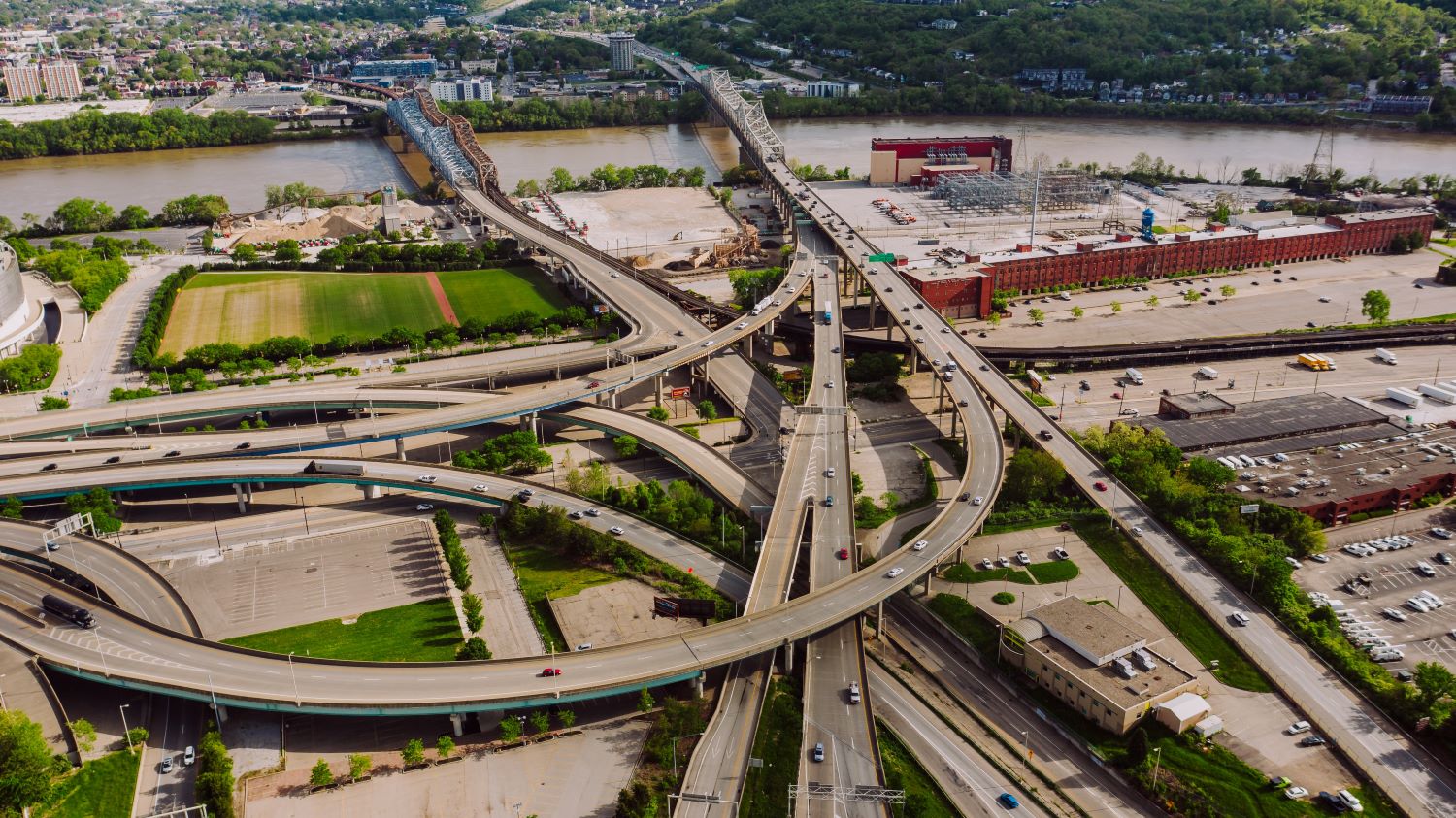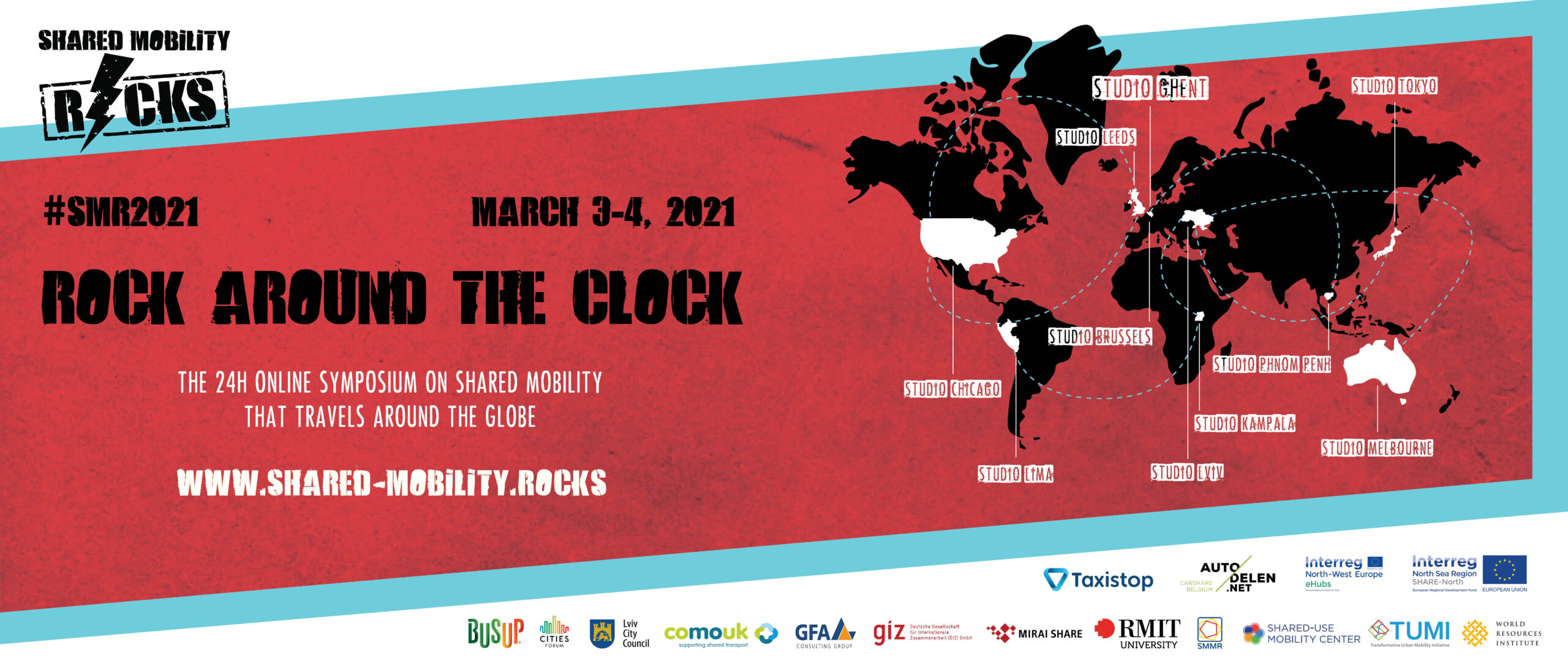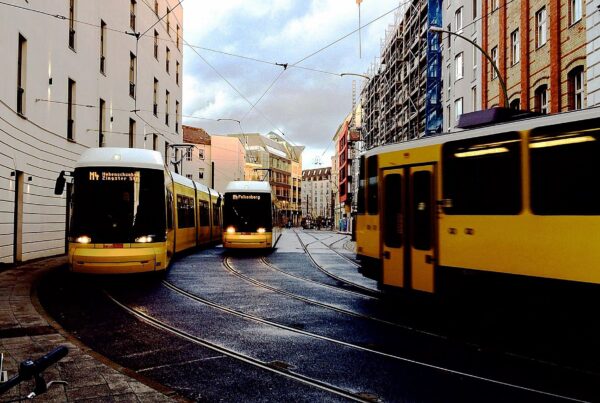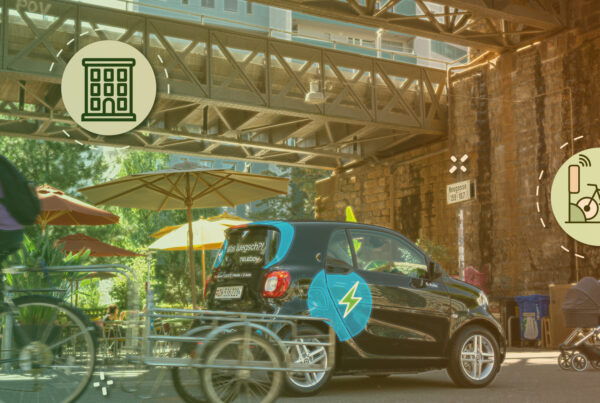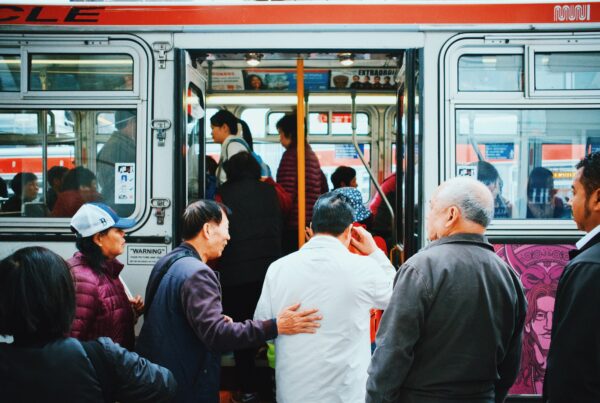The Mobility Hub
Your weekly guide to the latest in shared mobility
SUMC News and Announcements
HOW DO WE TACKLE THE BIG SHIFT?
Our distributed 2021 National Shared Mobility Summit in July now has a website of its own. Every Tuesday we’ll be focusing on a different infrastructure area: physical, informational, institutional, financial, policy and regulation, etc. Soon, you’ll be able to register for one week, multiple, or all four. We highly suggest all four. (We don’t want The Big Shift to have any missing pieces.) More info is definitely coming.
I want to visit the Summit website
I want to pre-register (with no strings attached)
The February 17 virtual panel brought together diverse industry voices and thought leaders to talk about the fast changes happening and the deep, systemic changes that need to happen to move transportation to sustainability and equity. Topics included:
- Data: Who it represents and where it comes from
- How to define and measure equity
- Role of private companies
- Public vs private policy and control
- Rise of Delivery Services
- Systemic Bias
- And much more.
SUMC is hosting two sessions: Innovations in Micromobility and approaches to Decarbonizing Transportation at 12 PM CT and 2 PM CT, respectively. Snag a free ticket here.

Mobility Justice
The tragic energy crisis that battered Texas last week was a stark reminder of the failure of “free market” energy that has many considering the benefits of sustainable alternatives from decentralized microgrids and community solar fields to rural electric co-operatives.
New York’s MTA may be applauding its own efforts in accessibility improvements for the city’s transit network, but advocates and transit leaders think they’ve stopped far short of following through with ADA recommendations.
LA Metro is eyeing 2022 to launch its anticipated fare-free transit program, which includes giving free trips to low-income riders and students in K-12—if the proposal passes muster with Metro’s Board in May.

Ridehailing/Carsharing/Carpooling
The European Commission is pressuring gig economy companies in the EU to provide better working conditions and protections for drivers and delivery workers—and if the results of a lobbying effort by Uber in the UK signify anything, the results will be far different from Prop 22.
First they launched in Berlin in 2019, then they built a strong community of users, now Volkswagen’s electric carsharing outfit WeShare is hitting the streets of Hamburg with 800 VW ID.3s they hope will spark an electric carsharing awakening.
Moving over stateside, Free2Move’s free-floating carshare service makes its way to the Transit app in the DC metro area, offering busy Washingtonians another flexible mobility option.

Bikesharing & Micromobility
US Rep. Earl Blumenauer (D-OR) wants to get an affordable e-bike in your hands and his proposed bill intends to do that with a refundable 30% tax credit on the purchase of a new set of electrified and pedal-assisted wheels.
The Better Bike Share Partnership gives us this encouraging story of how Pittsburgh’s bikeshare system, Healthy Ride, is growing in local communities with the expansion of their ambassador program and by focusing on equity and art in mobility.
DC residents say they want to walk and bike more but need dedicated pedestrian space and bike lanes to put this into practice, according to a new survey of 2,400 area residents from the National Capital Region Transportation Planning Board.

Transit
Metra, the NE Illinois commuter rail system, is upset that the Regional Transit Authority has focused federal stimulus funds on transit-dependent areas served by the Chicago Transit Authority in the city’s South and West sides. RTA insists, and rightly so, that resources should go to the areas that need it the most.
A train every 15 minutes and a more efficient bus network? The Philadelphia Transit Plan is positioning itself to make this a reality with a SEPTA bus network overhaul and a rethink of the Regional Rail system.
Check out this VICE piece on the frustrating history of the “trains-to-the-trains-to-the-airport” mess that the Federal Aviation Administration’s new rules might clean up by turning the often convoluted airport people movers into a relic of the past.

Technology
Self-driving tech company Navya and French EV bus maker Bluebus (part of the Bolloré Group) have declared their intent to collaborate on the development of an all-EV “autonomous 6-metre shuttle bus for tomorrow’s mobility”—further agreements on conditions of the joint venture are forthcoming.
Driverless vehicles without drivers from the Hyundai-Aptiv venture Motional are taking test drives on the streets of Las Vegas, where they join the Level 4 driverless club (oh la la) which includes Waymo, Cruise, Yandex, and Baidu.
US cities and officials are still trying to wrap their heads around the rules and complexities for unmanned aircraft systems (i.e. flying drones), but across the pond in Helsinki, planners and residents are using community feedback as a vital tool to guide others before the technology takes off.

Sustainability
The energy crisis last week in Texas vividly illustrates the need for centralized and publicly-owned energy infrastructure and overall investment into (and belief in) public systems, writes the Director of the Kinder Institute for Urban Research on Medium.
Theaster Gates and The Rebuild Foundation’s mission to transform abandoned spaces in Chicago’s underprivileged Black neighborhoods into flourishing community-focused art hubs are filling residents with pride in usually bare city blocks—and proving that no space should ever be called dead.
Loud environments filled with overhead airplanes and packed freeways that bring a whirlwind of ear-splitting noise are being linked to health problems far beyond uncomfortable ear ringing. The Atlantic uncovers noise pollution’s stress-inducing consequences.
Pedestrian malls have come and gone with economic trends, some even failing spectacularly like Chicago’s own State Street Mall in 1979, but what does persist is a desire for walkable spaces in the center of car-laden cities, and we might add, centralized meeting places for community, fresh air, and discovery.
Project Funding Opportunities
RFP: Paratransit Demand Response Services—ADA Complementary “ARide”
Ann Arbor Area Transportation Authority
Deadline: March 3, 2021
RFP: MNIT/MnDOT MaaS
Minnesota Department of Transportation and Minnesota IT Services
Saint Paul, MN
Deadline: March 25, 2021
RFP: Low or No Emission Grant Program Competitive Funding Opportunity
Federal Transit Administration
Deadline: April 12, 2021
SUMC is hiring!
We’re looking for a temporary bookkeeping and administrative assistant with long-term potential.
Hello everyone, we heard your feedback and are trying out a new look.
Tell us what you think.

